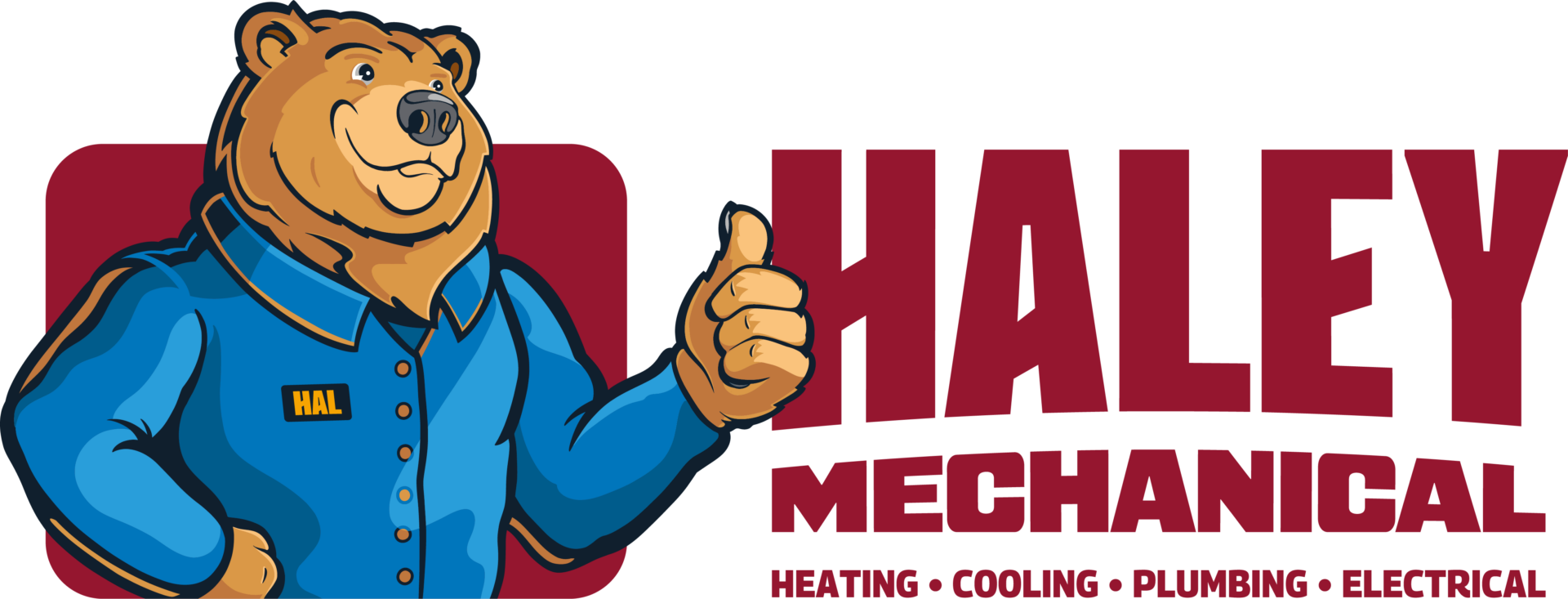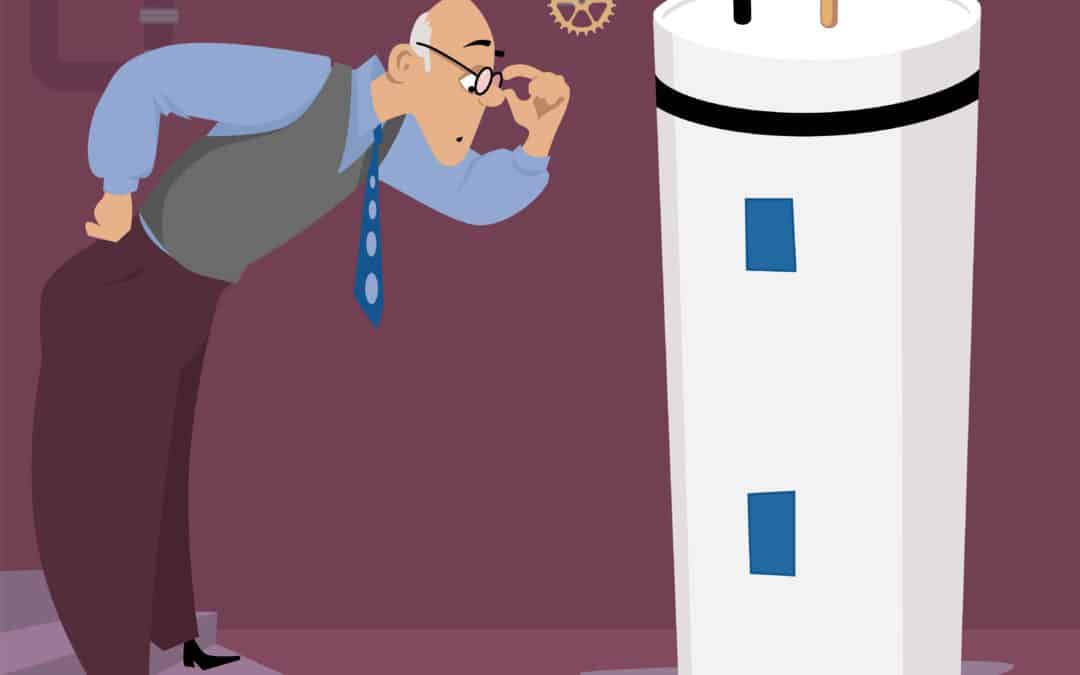Water Heater Leaks & Overflowing – Causes and Prevention
Most homeowners in Ann Arbor and throughout SE Michigan know that nothing is more damaging to a home than water. What if your water heater leaks or overflows? If caught early on, the damage may be kept minimal; if it goes unnoticed, you could experience severe damage such as rotting, mold, stains, and other issues in floors, carpets, even walls.
Leak Causes
The average life span of a water heater typically ranges between eight and 15 years. The chances are that at some point, it will leak or overflow. The most important thing you can do is to avoid substantial water damage by adequately maintaining your heater’s pipes, overflow valves, and overflow pan. This will help mitigate more extensive damage that could result in costly repairs.
The valves and pipes of your water heater should be regularly checked for any drips or leaks. Also, check beneath the water heater to see if the tank’s bottom shows any presence of rust or corrosion damage. When sediment and corrosion build up inside the heater’s tank, it can result in water leaking continuously into the overflow pan. It is possible to minimize corrosion and remove the sediment by pouring out some water at the bottom of the tank from the spout occasionally. Before doing this, be sure to turn off the power (electric or gas) so that the water can cool off some. The valve for incoming water should also be turned off before this procedure; drain the water to the outside of your home or into a bucket depending on your circumstances.
Your water heater tank could potentially explode if the pressure/temperature valve is not functioning as it should. This is a safety feature designed to release water in the event the tank’s pressure or the temperature gets too high. If the valve is working as it is supposed to, hot water will come from the overflow pipe when the valve is pushed down or pulled up. The valve should be checked regularly for any problems that could result in leaking, especially considering issues are more common in old or defective water heater valves.
Preventing Leaks
It should be possible to prevent the majority of water heater floods and leaks once you begin checking for overflow pipe leaks regularly and establish a proper maintenance routine. Even then, there are steps you can take beyond these measures.
Water heater overflow pans are relatively cheap and are useful when placed under the tank for catching water should you experience leaking pipes or water heater overflows. If particleboard is the material around and beneath your water heater, you may want to consider removing it and replacing the particleboard with plywood, which is more water-resistant and less susceptible to damage. The addition of a water sealant on the floor beneath the tank mitigates potential damage even further; however, be sure to turn off the electric or gas power, so there is no danger of a fire.
Steps to take when you have a water heater overflow
If you notice a water heater overflow early on, you can take action immediately and get the problem under control with a few basic steps before calling in the professionals.
- Put on protective gear, including gloves, rubber boots, and goggles. A raincoat or vest is also a good idea if a profuse rush of water comes from the heater.
- Take a good look around the area. It is a bad sign if steam is thick in the room, as you need to be able to see clearly to check for electrical wires or outlets that may be beneath the water level and could shock you. Also, make sure the water is not scalding hot before taking further action.
- Turn off the water supply to the heater. A water leak means your tank won’t fill up, so the water supply won’t shut itself off, which will lead to further flooding. The cold water pipe usually comes from the main water line and continues to the top of the heating chamber. Once you locate the pipe, find the water flow control valve and turn clockwise as far as it will go.
- Turn off the gas or electric heating immediately. If your water heater is powered by electricity, flip the switch in the breaker box that provides the heater’s power. If gas powers the water heater, shut off the line that corresponds to the heater. This is particularly important when the thermostat malfunctions and causes the water overflow, because the heating element will not shut down on its own. This could pose a fire danger and also wastes energy. In the event, your water heater is powered by gas, remove everyone from your home if you notice a gas smell.
- Record everything about the incident, including photos, if areas of your home or belongings/furnishings experienced damage due to the water heater overflow. Document every detail you can remember about the events to ensure you won’t have problems if you need to file an insurance claim.
- Have professionals come in to clean up after water damage. Not only may the structure of your home and belongings be damaged, the musty smell isn’t pleasant – and your family could be susceptible to bacteria, mold, mildew, and other hazards.
If your water tank leaks or you have other issues that you prefer to leave to the professionals, give Haley Mechanical a call today. Serving all of Southeast Michigan, including Ann Arbor, Dexter, and surrounding cities.

